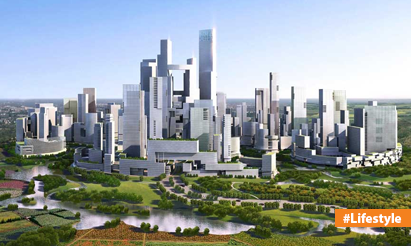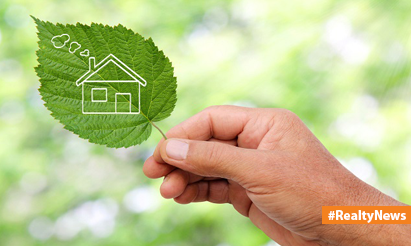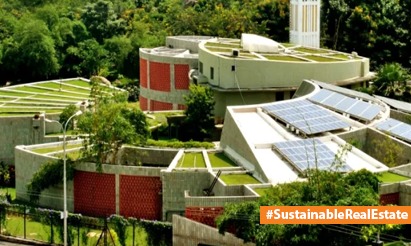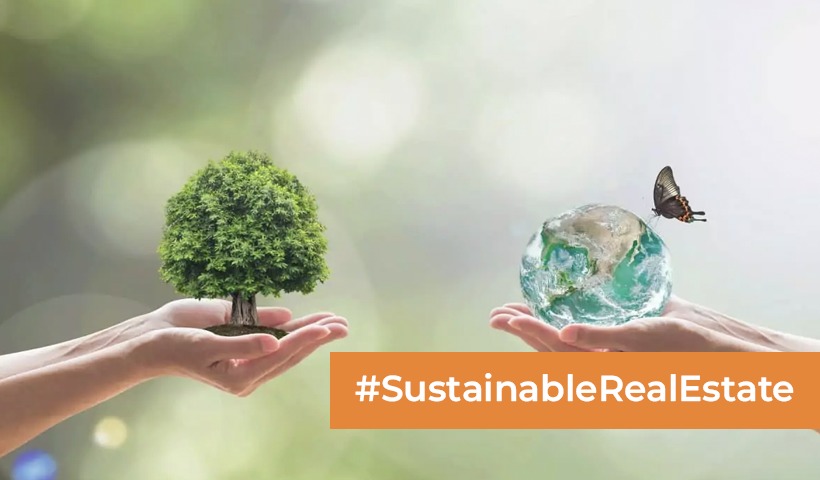Real Estate and World Environment Day: Building a Sustainable Future
World Environment Day, celebrated annually on June 5th, serves as a global platform to raise awareness and take action on pressing environmental issues. As the world grapples with the challenges posed by climate change and depletion of natural resources, it is crucial to examine the role of various industries, including real estate, in contributing to a sustainable future. In this blog post, we will explore the intersection of real estate and World Environment Day, highlighting the initiatives and practices that can help create a more eco-friendly and resilient built environment.
- Sustainable Construction: The construction industry has a significant environmental impact, accounting for a substantial amount of energy consumption and greenhouse gas emissions. Real estate developers and builders are increasingly adopting sustainable construction practices to minimize their ecological footprint. This includes using environmentally friendly building materials, implementing energy-efficient designs, and incorporating renewable energy systems such as solar panels and geothermal heating. By prioritizing sustainable construction methods, real estate projects can contribute to reducing carbon emissions and conserving resources.
- Green Building Certifications: Green building certifications, such as LEED (Leadership in Energy and Environmental Design) and BREEAM (Building Research Establishment Environmental Assessment Method), play a vital role in promoting environmentally responsible real estate development. These certifications encourage the use of sustainable materials, energy-efficient systems, water conservation measures, and indoor environmental quality enhancements. By striving for green building certifications, real estate developers demonstrate their commitment to sustainability and provide eco-friendly spaces for occupants.
- Energy Efficiency and Conservation: Real estate can make significant contributions to energy efficiency and conservation. Implementing energy-efficient technologies like LED lighting, smart thermostats, and efficient HVAC systems in commercial and residential buildings can reduce energy consumption and lower carbon emissions. Additionally, optimizing insulation, employing efficient water fixtures, and promoting waste management practices contribute to creating more sustainable and resource-efficient properties.
- Green Spaces and Biodiversity: Real estate development should prioritize the preservation and creation of green spaces to enhance biodiversity and promote healthier living environments. Incorporating parks, gardens, and rooftop greenery into urban designs can mitigate the heat island effect, improve air quality, and provide recreational areas for communities. The inclusion of native plants, wildlife habitats, and sustainable landscaping practices can support local ecosystems and foster a closer connection to nature within urban settings.
- Sustainable Communities: Real estate projects should aim to create sustainable communities that promote a high quality of life while minimizing environmental impact. This can involve integrating public transportation systems, prioritizing pedestrian and cyclist-friendly infrastructure, and incorporating mixed-use developments that reduce the need for long commutes. By designing communities with sustainability in mind, real estate professionals can enhance social cohesion, reduce environmental stress, and improve overall well-being.
Conclusion: As we celebrate World Environment Day, it is imperative to recognize the crucial role of the real estate industry in shaping a sustainable future. By adopting sustainable construction practices, pursuing green building certifications, prioritizing energy efficiency and conservation, fostering green spaces, and creating sustainable communities, real estate professionals can contribute to mitigating climate change and preserving the planet’s resources. As consumers and investors, we also have the power to support and demand environmentally responsible real estate projects, thereby encouraging the industry to prioritize sustainability. By synergizing efforts between real estate and environmental conservation, we can pave the way for a more resilient and environmentally conscious future.
Disclaimer: The views expressed above are for informational purposes only based on industry reports and related news stories. PropertyPistol does not guarantee the accuracy, completeness, or reliability of the information and shall not be held responsible for any action taken based on the published information.




